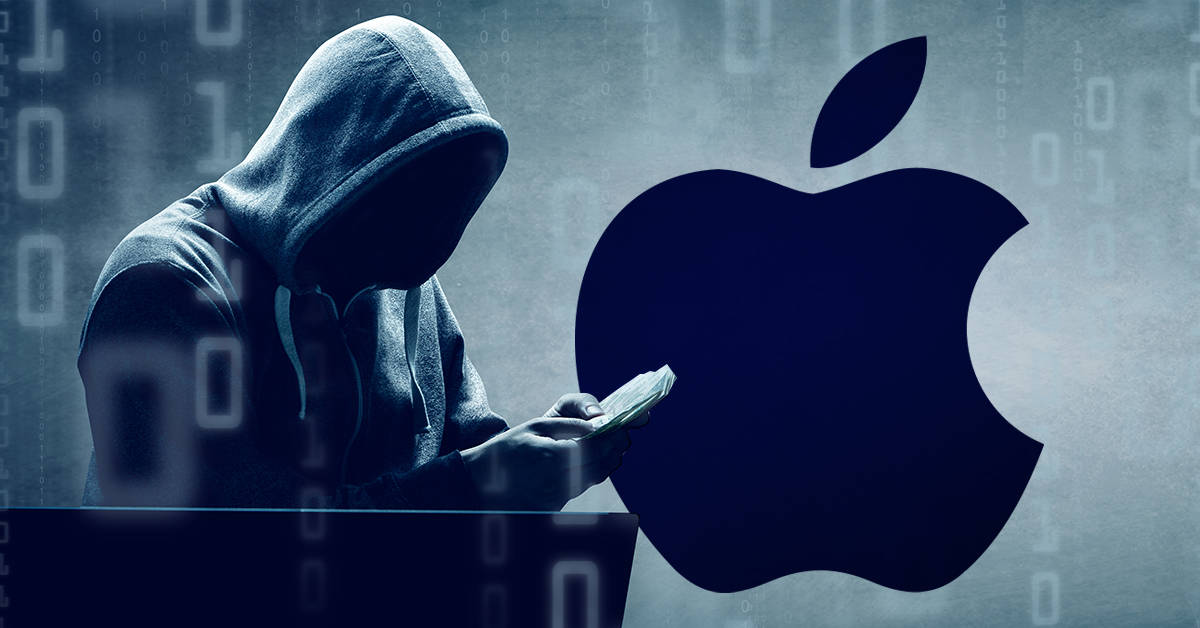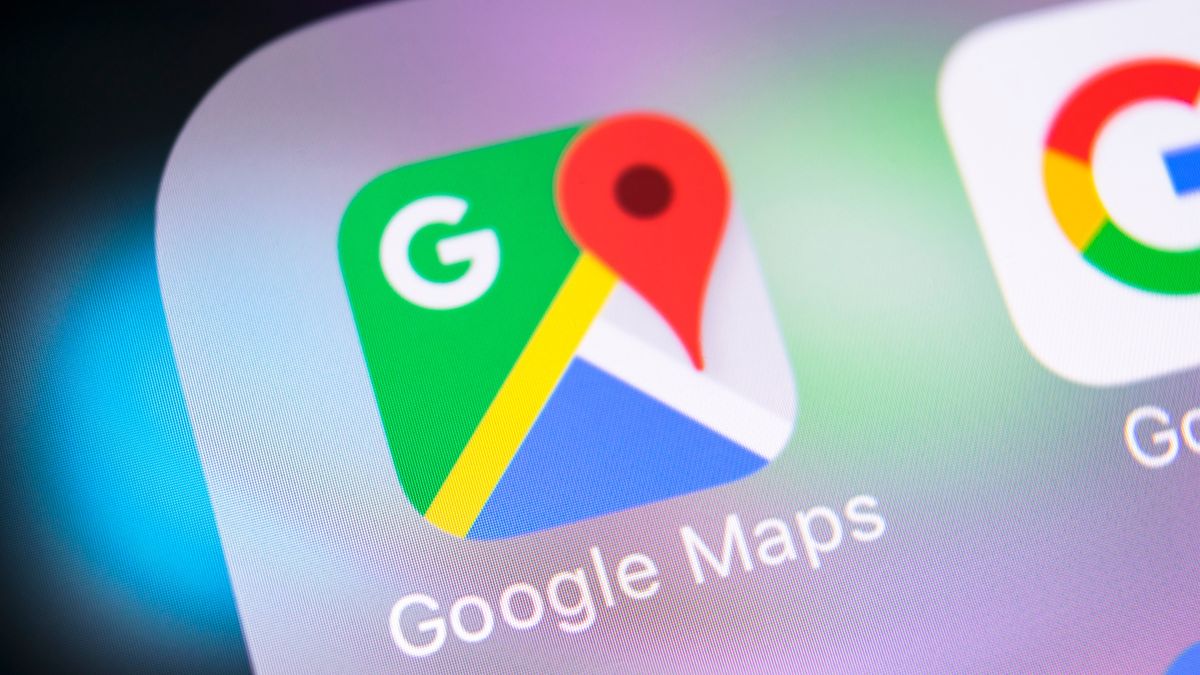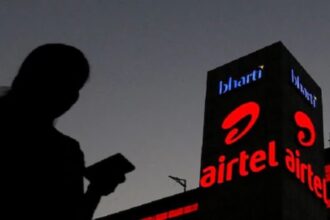In a startling revelation, Apple has issued warnings to several Indian users, including journalists and opposition leaders, suggesting their iPhones might be under surveillance by Pegasus-type spyware. This spyware, known for its stealth and potency, is typically employed in state-sponsored espionage activities, raising alarms about privacy and security among India’s political and media circles.
In late October, Apple’s notification to potential targets of state-sponsored attacks triggered a series of denials from the Indian government, while also prompting investigations into the allegations. Notably, individuals such as Trinamool Congress MP Mahua Moitra, AIMIM leader Asaduddin Owaisi, and Congress spokesperson Shashi Tharoor confirmed receiving such alerts from Apple. These individuals have been vocal critics of Prime Minister Narendra Modi’s administration, highlighting the political sensitivity surrounding the issue.
The allegations of surveillance come amid a broader context of concerns over freedom of expression and privacy in India. Reports by Amnesty International corroborated Apple’s warnings, identifying the presence of Pegasus spyware on the devices of prominent journalists, which added credibility to the claims of unauthorized surveillance. The targeting of journalists and political figures with spyware is not only a violation of privacy but also poses a direct challenge to the democratic principles of freedom of speech and press.
Furthermore, the controversy unveils the complex dynamics between major technology corporations and governmental authorities, with Apple at the epicenter of debates over user security versus national security imperatives. The tech giant’s steadfastness in alerting its users about potential threats, despite governmental pressures, underscores its commitment to privacy and security. However, this episode also highlights the challenges tech companies face in navigating the geopolitical landscapes of countries where they operate.
This incident has significant implications for the perception of digital privacy and the role of state actors in surveillance activities. The use of advanced spyware like Pegasus by governments against their citizens, particularly opposition members and journalists, raises critical questions about the limits of surveillance in a democratic society. The international community, digital rights advocates, and the tech industry will be closely watching the developments in India, seeking accountability and enhanced protections against such invasive surveillance practices.













